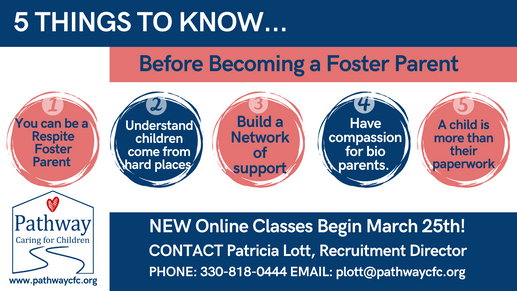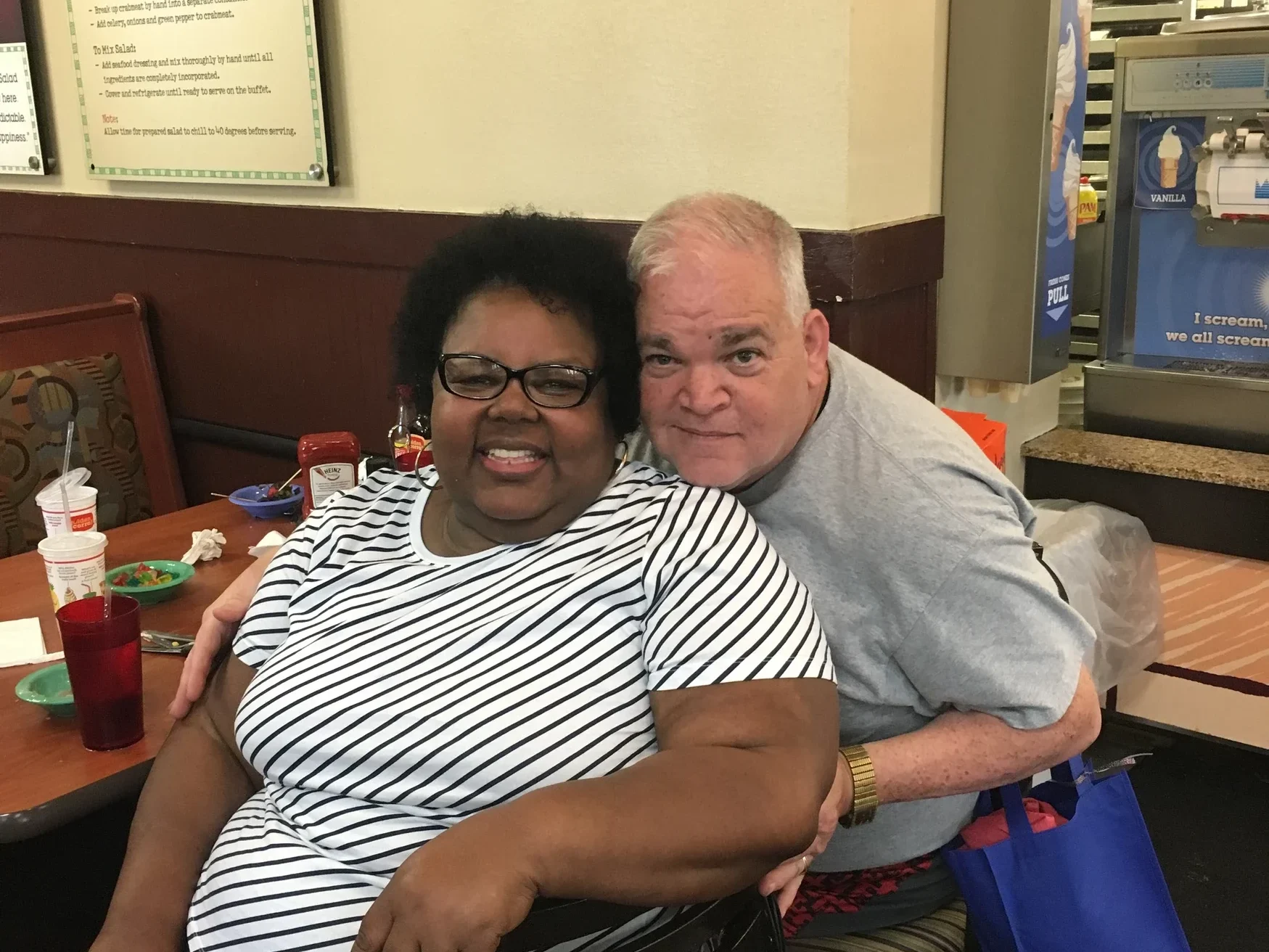
5 Things to Know Before Becoming a Foster Parent
If you’re thinking about becoming a foster parent, it’s essential to understand what to expect. In this guide, we’ll discuss five critical factors to consider before embarking on the journey. By the end of this article, you’ll have a better understanding of the commitment and the impact you can make in the life of a child in need. From part-time options to building a support network, our insights will help you make an informed decision.
1. You can be part time!
Have you always wanted to help, but think you don’t have the time?
Yes, we understand that many people are interested in helping but may feel they don’t have the time to commit to full-time foster parenting. That’s where being a part-time foster parent, specifically a respite foster parent, comes in.
Respite foster parents play a crucial role by providing much-needed breaks to our foster families. They offer support by spending time with the children in their own homes. As a respite foster parent, you would open your home on a short-term basis, ranging from just a few hours to a weekend or even a couple of weeks.
Even though you may be a part-time foster parent, you would still go through the necessary online training and become fully licensed. This ensures that you have the knowledge and skills to provide appropriate care for the children.
The beauty of being a respite foster parent is that it allows you to schedule your caregiving responsibilities around your existing commitments. So, you can welcome a child into your home when it works best for you, and provide them with a safe and loving environment during that time.
Becoming a respite foster parent is a great option for individuals who want to make a difference in a child’s life, but may need more flexibility in their schedule. It’s an opportunity to positively impact a child’s life and support foster families in need of a break.
2. Understand a child’s past.
Foster children have experienced trauma, abuse, neglect, and come from hard places.
It is important to have a deep understanding of the traumatic experiences that foster children have endured in their past. These children have often suffered from abuse, neglect, and have come from challenging backgrounds. Keeping this awareness at the forefront of your mind enables you to approach the tough days with compassion and patience.
It is crucial to recognize that foster children carry their past experiences with them at all times. They may have undergone trauma that you may not be aware of, and this trauma significantly impacts their thought processes, behavior, and ability to form relationships.
The coping mechanisms and behaviors developed as a result of their past experiences do not simply disappear overnight. Foster children may struggle to see or think beyond the traumatic events they have endured. Despite your best efforts to express your love and care for them, it is important to understand that they may not fully comprehend or trust these expressions, especially if they have never experienced love before.
Acknowledging these challenges and traumas is key to providing effective care as a foster parent. By recognizing and empathizing with the child’s past experiences, you can create an environment that fosters healing and growth. Patience, consistency, and ongoing support are essential in helping these children overcome their past and develop healthy, trusting relationships.
3. Build a network of support.
You are not alone in your foster care journey.
As you embark on your journey as a foster parent, it is essential to remember that you are not alone. We are here to provide you with the necessary training, skills, and tools to prepare you for welcoming children into your home. Additionally, our foster care staff is available to offer support 24/7 whenever you need it.
However, it is also crucial to build a network of support outside of our agency. One invaluable source of support comes from connecting and forming friendships with other foster parents during training. There is tremendous value in sharing your experiences with those who truly understand what you are going through. Seasoned foster parents who have been on this journey longer can offer mentorship, guidance, and valuable advice to new foster families like yours.
To facilitate this network of support, we have established a foster parent support group that meets on a monthly basis. This group provides a safe space for foster parents to come together, share their joys and challenges, and lean on one another for support. Additionally, we have a closed Pathway foster parent Facebook group where you can engage with other foster parents, exchange ideas, discuss important topics, and share helpful resources.
By actively participating in these support systems, you can expand your network, gain valuable insights and perspectives, and find comfort in knowing that you have a community of fellow foster parents who are there to uplift and encourage you throughout your journey. Building a network of support is a crucial element in ensuring that you have the emotional and practical resources needed to provide the best possible care for the children in your home.
4. Have compassion for bio parents.
The goal is always reunification… until it’s not. And sometimes, they just don’t know how to be parents.
It is crucial to approach the biological parents of foster children with compassion and understanding. The ultimate goal of the foster care system is typically reunification, as the aim is to provide support and resources to assist parents in regaining custody of their children. However, it is important to acknowledge that not all parents have the knowledge or skills to effectively care for their children.
Many biological parents have grown up in environments that lacked care and nurturing. They may not have been taught essential parenting skills, such as changing a diaper or understanding proper nutrition. It is essential to have empathy for their circumstances and recognize that they may not know how to be parents.
As a foster parent, it is important to keep this perspective in mind, especially during supervised visits between the foster child and their biological parents. These visits are significant steps towards reunification, and it is important to approach them with a mindful and understanding attitude.
While the ultimate goal is always reunification, it is natural for foster parents to form strong emotional connections with the children in their care. When the time comes for a foster child to return to their biological family, it can be a bittersweet experience. It is normal to feel a sense of loss when they leave your care.
However, it is crucial to remember that your love, support, and care have made a lasting impression on the child. Even if the reunification process is challenging or does not happen, your impact on the child’s life will be significant. They will be grateful for the love and support you have provided, and the positive influence you have had on their well-being.
Maintaining compassion for the biological parents while understanding the importance of your role as a foster parent is essential. By approaching their journey with empathy and support, you can contribute positively to the child’s well-being, regardless of the outcome of the reunification process.
5. Advice from a former foster child.
An excerpt from Together We Rise, a national organization supporting foster youth. https://www.togetherwerise.org/blog/things-foster-parents-should-know/
“I am a former foster child. My suggestions or advice would be. Don’t think I am like everyone else. I am not just what those forms say, I am not what those social workers say they only know me from quick visits not from the day-to-day basis. Mostly, I have been through more abuse than what I got taken away for. I am scared! But I also need space, at times I might need a hug but I don’t know what a cuddle even is.
Please be patient with me I am struggling to understand feelings and they are scary. It’s ok to be strict with me. Teach me basic skills like sewing, crochet, art, cooking, etc. Not only will this help me when I emancipate but it might also become my coping mechanism and by you teaching me these things I will forever carry you in my heart (whether I admit it or not).”
Becoming a foster parent can be a life-changing commitment that can provide stability and hope for children in need. Knowing what to expect is crucial to make the most positive and lasting impact on these children’s lives. By accepting the full picture, from trauma-informed care to the long-lasting support you’ll need, you can ensure the path is rewarding and fulfilling.
We hope these five insights will help you determine if foster parenting is the right path for you and inspire you to take the first step in making a profound difference in a child’s life. At Pathway, we’re here to offer guidance, training, and support throughout your foster care journey.
Learn More About Becoming a Foster Parent
The first step to becoming a foster parent is to contact our Recruitment Department. We are here to answer your questions about foster parenting. Call 330-818-0444 or email [email protected] TODAY!
To become a Pathway foster or foster-to-adopt parent, you must also meet these general requirements and qualifications.


